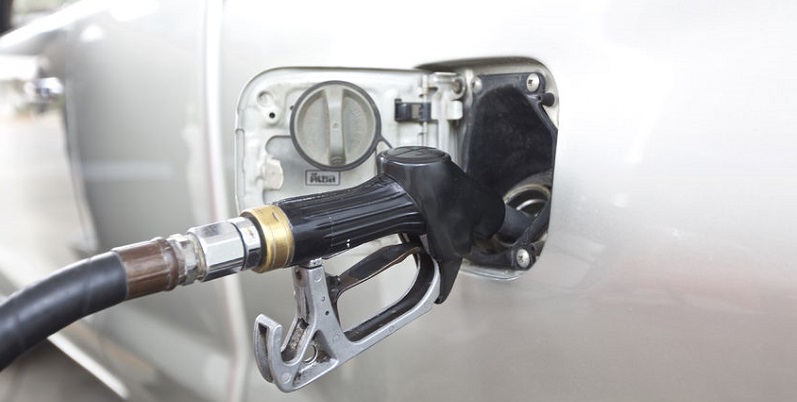While the coming of electric vehicles is bringing with it greater safety features and a potential reduction in auto accidents, no one is certain how Colorado will replace the gap in gas taxes as drivers switch to electric vehicles.
New Tech Could Spell Reduction in Auto Accidents and State Revenue
Colorado isn’t ready for the oncoming traffic of electric cars and trucks coming from Detroit, Asia, and Europe over the next decade, and the Legislature lacks the foresight to prepare. That’s according to Brian Eason, political columnist for The Denver Post.
Car and truck manufacturers from around the world have announced that the electric vehicle revolution has begun, he said. In response to pressure from governments everywhere to increase fuel efficiency and reduce pollution, the manufacturers are betting heavily on electric drivetrains. They’re pouring dollars, krona, euros, and yen into research, development, and manufacture of the next-gen drives for their consumer and commercial vehicles. In July 2017, Volvo went as far as to announce that it will build full or partial electric drive into all of its cars and trucks by 2019, The New York Times writer Jack Ewing reported. In November 2017, General Motors announced it will launch a wide range of electric vehicles by 2023, Forbes magazine writer Joann Muller reported. In September 2017, Bloomberg writer David Fieldling projected that electric vehicles will match the price levels of conventional cars and trucks by the mid-2020s. The industry’s transition from gas to electric has already reached its tipping point, the point where an electric future became inevitable. Electric car sales are likely to overtake gas car sales by 2038, Bloomberg forecasts.
Rep. Jeff Bridges, D-Greenwood Village, told The Post:
“This stuff feels like it’s decades away, but it’s right around the corner. … We’re looking at the end of the internal combustion engine … And the impact that this will have on Coloradans will be huge, it will be sudden, and we need to do more to make sure that our state’s prepared.”
Electric Vehicles to Reduce Colorado Auto Accidents
The coming of electric vehicles is bringing with it greater safety features and the potential reduction of serious auto accidents. The National Highway Traffic Safety Administration and Colorado Department of Transportation officials say that such technologies, including automation, can save thousands of lives by reducing the human error behind 94 percent of all serious crashes. According to the latest count released by CDOT, 646 people died in Colorado auto accidents in 2017.
Innovation Leads to Economic Upheaval
To whatever degree electric vehicles overtake gas vehicles in the coming 20 years, they will change the way Coloradans use their roads and also how they must pay for them, The Post’s Eason said. But even though state leaders have been calling transportation their top priority for the past two years, they have failed to make them the foremost item of political action — or public works.
More EVs will need more electric charging stations. More EVs will mean fewer conventional vehicles consuming taxed gas and diesel, which pay for road maintenance and construction.
And although Gov. John Hickenlooper unveiled an EV plan last month that calls for major policy changes to support the transportation revolution, the initiative will be orphaned when he leaves office at year’s end. The plan calls for increasing funding for EV charging stations, buying more electric-powered buses and encouraging employers to provide electric charging ports for their workers. Meanwhile, Hickenlooper’s department of transportation is working on means to tax motorists on the basis of how far they drive instead of how much fuel they use.
Colorado’s 22-cents-per-gallon gas tax, which is the state’s main source for roads funding, hasn’t risen since 1991. For perspective, one dollar today has only 55 cents of the buying power it had in 1991, according to http://www.usinflationcalculator.com/. Electric vehicle drivers pay no fuel taxes. They do, however, pay a $50 annual state fee, but that small amount doesn’t entirely go to state roads.

